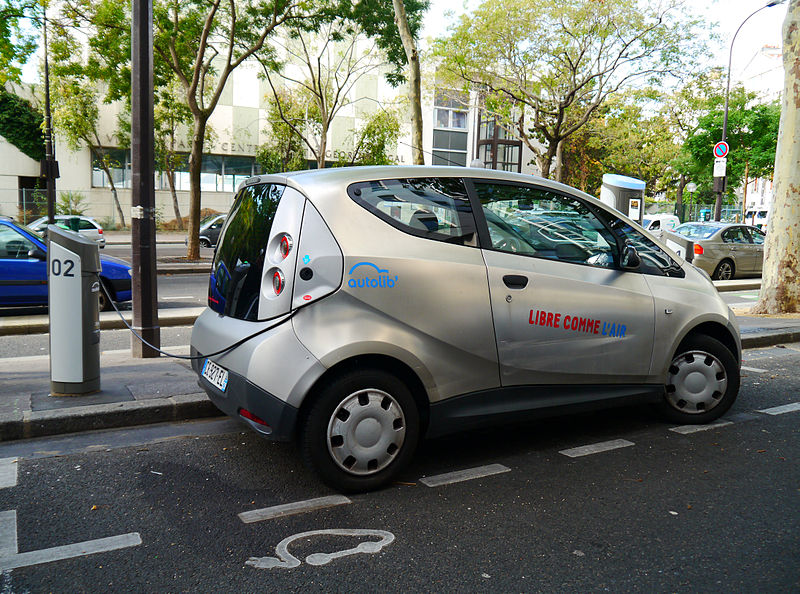France should start mining lithium at home, minister says

France should start exploiting its own lithium resources to meet increased demand stemming from a shift away from fossil fuels, Barbara Pompili, the country’s environment minister, said in a video interview published on Thursday by business daily Les Echos.
France needs “long-term import contracts … but also to get lithium at home,” Pompili told the paper in the interview. “If we want to become a society which emits less greenhouse gases, we have to face the consequences: We need materials like lithium.”
Lithium, used in batteries for electric vehicles and smartphones, is seen as a key resource for the 21st century.
Related Article: Lithium supply crunch Part II – this time it’s for real
Electric cars are a key plank of European Union plans to cut emissions, and the bloc is trying to reduce reliance on battery supplies from Asia through projects with European-based carmakers and battery specialists. But almost all the critical minerals currently come from outside the continent, with China dominating the global supply chain.
Paris’s lithium supply also relies on French miner Eramet, which is seeking to ramp up production at a major deposit it owns in Argentina.
Les Echos on Thursday said France had detected domestic lithium deposits and first exploration efforts were ongoing in the eastern Alsace region.
“If it shows we have our own lithium at home, we must take the responsibility to extract it on our territory because we will do so under good conditions,” Pompili said.
Elsewhere in Europe, domestic mining efforts have faced protests. In Serbia, anti-mining protests have become a headache for the government, which in response to fierce public opposition revoked licences for Rio Tinto.
Accelerating sales of electric vehicles have pushed demand for lithium to multi-year highs, along with other critical commodities such as nickel and cobalt.
Analysts say a lack of investment in capacity due to sliding prices in the three years to 2021 means a supply deficit is likely to last for some years.
(By Tassilo Hummel; Editing by Leslie Adler)
More News
{{ commodity.name }}
{{ post.title }}
{{ post.date }}




Comments